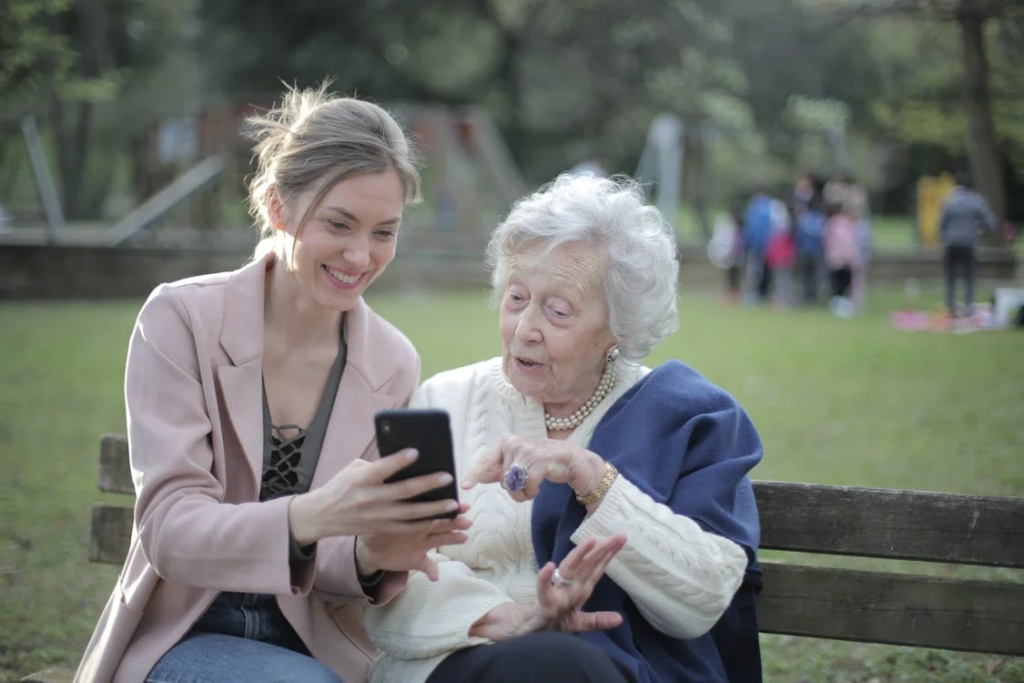The Human Touch in a Digital Age
- TeleChat Staff
- Dec 20, 2024
- 2 min read
Updated: Apr 6
Compassion Fatigue and Telehealth
In the human realm of mental health, the therapeutic relationship is often considered the cornerstone of healing. It's a space where trust, empathy, and genuine connection can flourish. With the rise of telehealth, this dynamic has undergone a significant transformation. While technology has expanded access to care, it has also introduced new challenges, particularly when it comes to the emotional toll on providers.

The Invisible Weight of Human Compassion
Mental health professionals are on the frontlines of human suffering, bearing witness to the depths of emotional pain. This constant exposure can lead to compassion fatigue, a state of emotional and physical exhaustion caused by prolonged exposure to stress and trauma. It's a condition that can erode a provider's ability to empathize, impacting both their professional and personal lives.
Imagine a therapist spending hours each day listening to the heart-wrenching stories of their patients. Over time, the weight of this emotional labor can become overwhelming. Telehealth, while offering convenience, can also create a sense of isolation for providers, making it even more challenging to disconnect and recharge.
Empathy in a Virtual Human World
Empathy is the bedrock of therapeutic practice. It's the ability to understand and share the feelings of another. In a face-to-face setting, nonverbal cues and body language can deepen the empathetic connection. However, in the virtual world, these subtle nuances can be lost.
While technology has advanced, it still cannot fully replicate the richness of human interaction. To provide effective telehealth care, providers must develop new strategies to build rapport and trust. This might involve active listening, using verbal affirmations, and creating a warm and inviting virtual space.
Mitigating Compassion Fatigue in Telehealth
To ensure the long-term well-being of mental health professionals, it's essential to address compassion fatigue proactively. This includes providing adequate training, supervision, and support systems. Encouraging self-care practices, such as mindfulness and stress management techniques, is also crucial.
Organizations must prioritize the mental health of their staff by creating a supportive work environment. This involves setting realistic workloads, offering flexible scheduling options, and providing access to mental health resources.
Conclusion
Telehealth has undoubtedly expanded access to mental health care, but it's essential to recognize the challenges faced by providers. By prioritizing empathy, addressing compassion fatigue, and fostering a supportive work environment, we can ensure that telehealth continues to be a force for good in the mental health landscape.
For those seeking top-notch therapy in California, Texas, and Oregon, Dr. Sara C offers EMDR, CBT, and DBT therapies. Highly rated and serving Newport Beach, CA; Beverly Hills, CA; San Diego, CA; Portland, OR; Jacksonville, OR; Dallas, TX; and Houston, TX, she provides exceptional telehealth services.
Sources:
Marshman, C., Hansen, A., & Munro, I. (2021). Compassion fatigue in mental health nurses: A systematic review. Journal of Psychiatric and Mental Health Nursing, 29(4), 529-543. https://doi.org/10.1111/jpm.12812
Harrison, K. (2021). Compassion fatigue. Veterinary Clinics of North America Small Animal Practice, 51(5), 1041-1051. https://doi.org/10.1016/j.cvsm.2021.04.020
In case of a mental health emergency, please call 911 or seek immediate professional help.

Comments